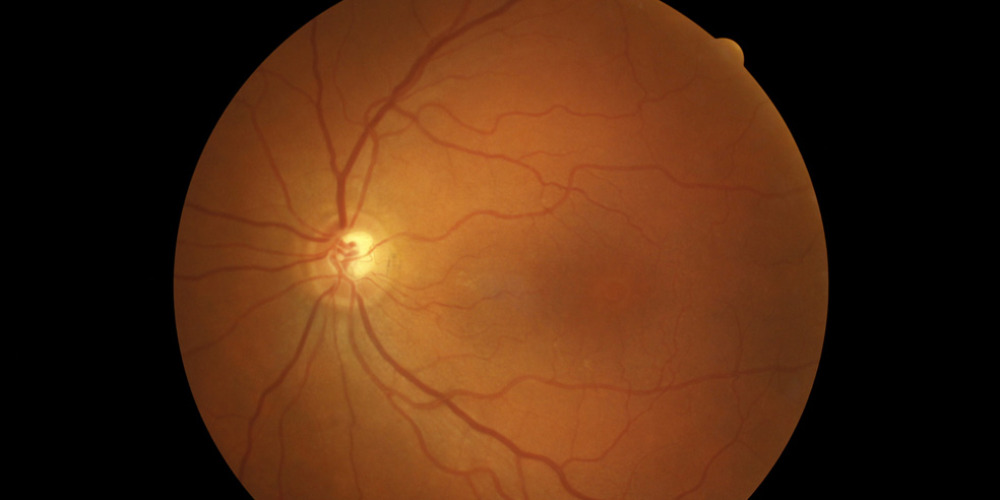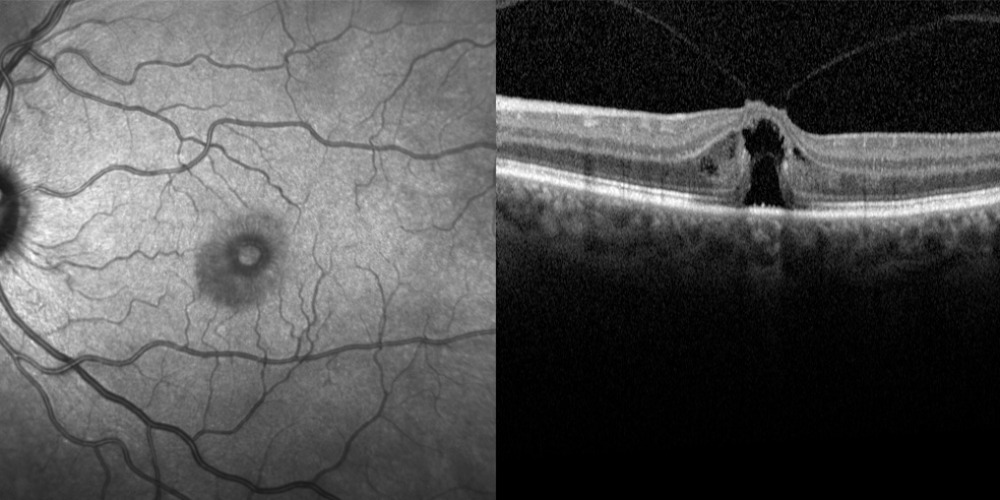What is a Macular Hole?
A Macular Hole is a small hole in the center of the eye’s light-sensitive tissue (retina) called the macula. The macula gives us our sharp, central vision which we use for reading, driving and seeing fine detail.
What causes a Macular Hole?
The inside of an eye is filled with a gel like substance known as the vitreous. The vitreous attaches onto the surface of the retina through millions of fine fibres. As we age, the vitreous begins to shrink and slowly pulls away off the retina. However, in some people abnormal forces between the retina and vitreous pull the retina apart, causing a hole.
Symptoms of a Macular Hole
Symptoms of a macular hole are similar to those common to most central retinal conditions.
The symptoms may be:
- Blurred central vision
- Distorted or “wavy” images, especially straight lines
- Difficulty reading or performing tasks that require fine detail
- Gray area or dark spot in central vision
How is a Macular Hole treated?
Macular holes are treated with a procedure known as a vitrectomy. In this procedure the vitreous gel is removed to stop the pulling on the retina and replaced with a bubble containing air and gas. The bubble acts like a bandage and holds the macula as it heals. Surgery is performed under local anesthesia.
Following surgery patients must remain in face down position. Staying in a face down position allows the bubble to press on the macula and be reabsorbed by the eye sealing the hole. As the bubble reabsorbs the vitreous once again refills with natural fluid.
Macular holes almost never spontaneously recover without surgery. At the end of surgery, it would be expected that your vision will improve by about 50%, but is unlikely to return to being perfect.
Risks of surgery
The most common risk after surgery is the increase in the rate of cataract development. In most patients the cataract develops rapidly and may become severe enough that it requires surgery. Other, less common risks may include infection or retinal detachment, both of which can be treated. Also for a few months after surgery patients are not allowed to travel by air. Changes in pressure may cause increased pressure within the eye.


